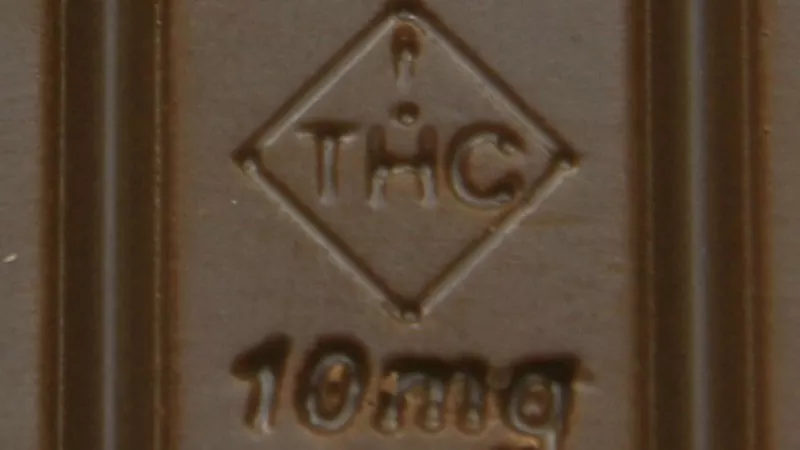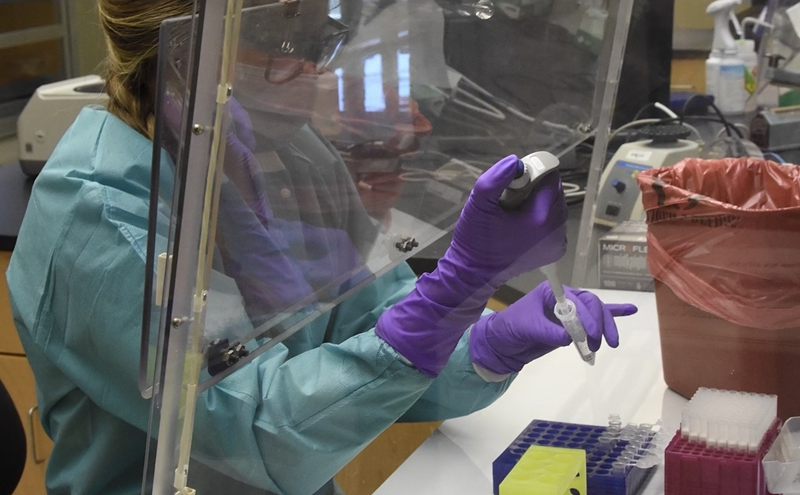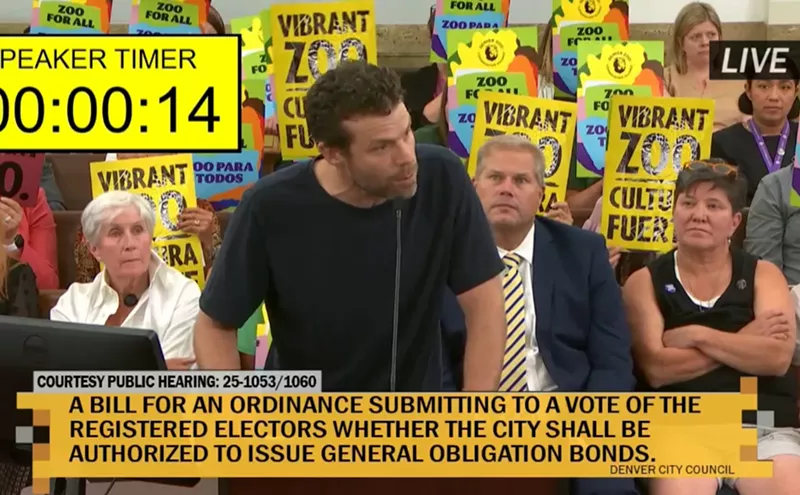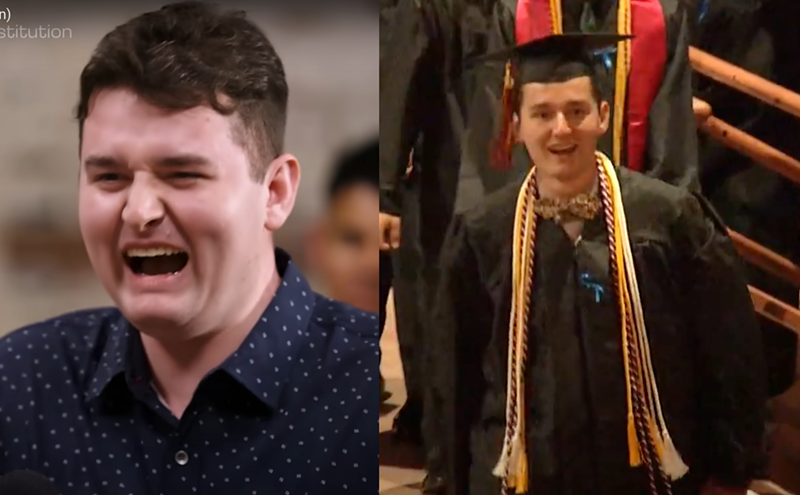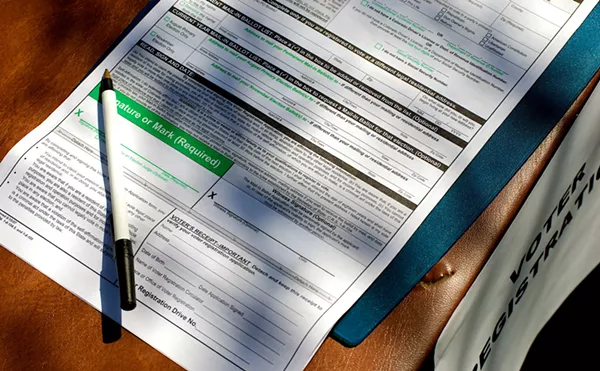An extremely just decision, in our opinion. But Roland wouldn't have been put in this position in the first place if it weren't for an allegedly disgruntled ex-school-district employee who pointed the finger at her, an administrator who subjected her to drug testing even though there was zero evidence that she'd been impaired on the job, and the Texas Board for Educator Certification, which would have prevented Roland from teaching for two full years if Judge William Newchurch hadn't rejected the punishment.
We jointly nominate them as our latest Schmucks of the Week — and there are plenty of reasons why to be found in an Austin American-Statesman article written by Westword alum Eric Dexheimer and Newchurch's ruling, on view below in its entirety.
According to the document, Roland was a teacher at Ysleta Independent School District at Parkland High School, in the El Paso area. She resigned from the school on February 20, 2015.
Two days earlier, Olaya Calanche, identified as a "then-former bookkeeping clerk for the District," sent an e-mail to her former overseers maintaining that a different Parkland teacher known as "Mr. Villareal" was a cocaine distributor. Calanche also included a list of Parkland employees who were supposedly his customers.
There's plenty of evidence that Calanche wasn't the most reliable source. The e-mail also claims that her son had tried to kill her because "god told him I had demons" and maintained that one of the employees she'd mentioned had "removed a student because she was the devil." Nonetheless, Calanche was taken seriously enough that an unspecified number of Parkland staffers were subjected to drug testing, with at least one of them scoring positive for coke.

The Facebook profile pic for the Texas Education Agency, the petitioner in the action against Maryam Roland.
Facebook
Shortly thereafter, Roland was quizzed by Craig Lahrman, the district's director of secondary personnel. He asked Roland to submit samples of her breath, hair and urine for testing, and the document notes that she complied even though she'd already resigned. For the most part, she tested clean, but the analysis showed that she'd consumed marijuana in the past — something she'd already admitted to Lahrman, though she said she hadn't done so for a month and a half and never on the job or in Texas.
At a hearing before Newchurch, Roland subsequently revealed that she'd eaten a marijuana edible while on vacation in Colorado, where doing so is legal. The judge's ruling cited Larhman's testimony, stating that "aside from the e-mails [Larhman] received from Ms. Calanche, he had no reason to believe [Roland] had ever consumed an illicit drug, while on duty or elsewhere ... He had no reason to think [Roland] was under the influence of alcohol or any drug when he interviewed her or at any other time while she was at school or a school-related activity."
Nonetheless, the aforementioned Board for Educator Certification wanted to suspend Roland's teaching license for two years and would have done so were it not for Newchurch, whose opinion drew in part on the old what-happens-in-Vegas-stays-in-Vegas philosophy.
"Possession of a usable quantity of marijuana is a criminal offense in Texas, but so is gambling," he wrote, noting that the court "would not recommend that the Board find a teacher unworthy to instruct in Texas because she legally gambled in Nevada."
Reporter Dexheimer points out that Newchurch's ruling was a first for Texas, and a representative of NORML describes it as "a big deal."
But none of it would have happened without some really big schmucks. Here's the aforementioned ruling.
Texas Education Agency v. Maryam Roland

